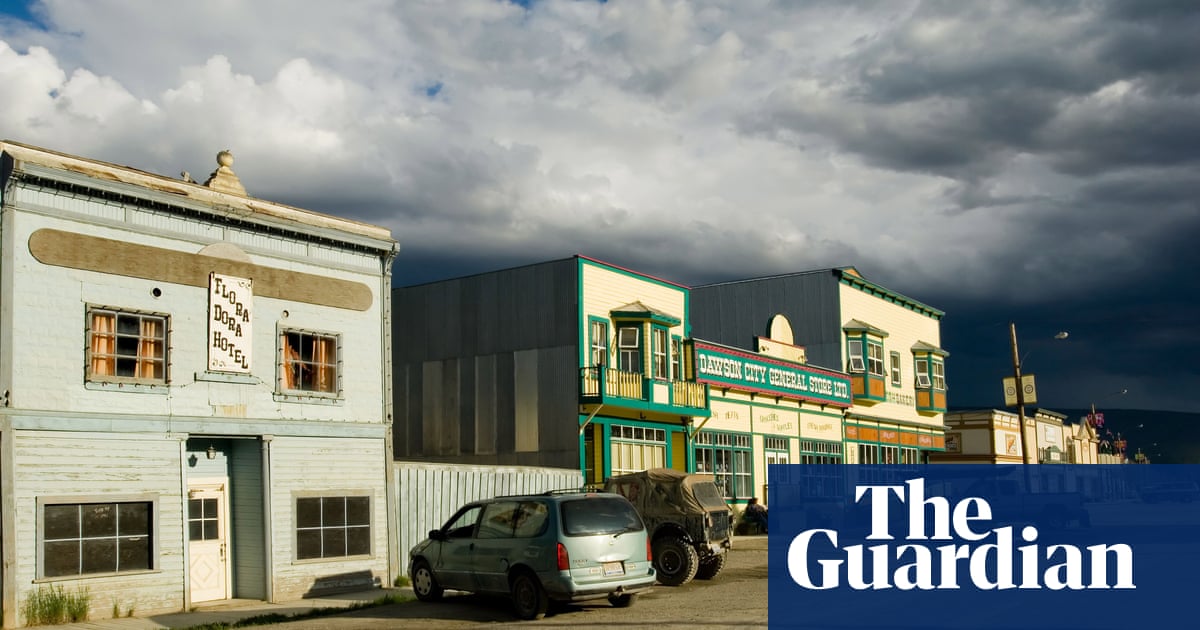The council of a town in Canada’s Yukon territory has been locked for weeks in bureaucratic standstill after its members refused to swear a mandatory oath of allegiance to King Charles, citing the crown’s tarnished relations with Indigenous peoples in the region.
The standoff, which threatens to cost them their seats, reflects a complicated view of the country’s head of state, who lives thousands of miles away, and increasingly serves as a reminder to a history of violence and broken promises
In mid-October, residents of Dawson City – notorious as the birthplace of the “Sour Toe” cocktail which included a mummified human toe – voted to replace the town’s mayor and council, turning the page on an administration gripped by scandal and legal wrangling.
But since then the council has been in procedural limbo.
“We can’t do anything legally required of us … So we are sort of, kind of council, and I’m sort of, kind of the mayor,” the mayor-elect, Stephen Johnson, told the Canadian Press. “It’s a bit of a sticky situation.”
Under Yukon’s Municipal Act, elected officials are required to take the oath of allegiance and an oath of office.
But shortly before the incoming council was due to take office, councillor-elect Darwyn Lynn, a member of the Tr’ondek Hwech’in First Nation, told colleagues he wasn’t comfortable pledging allegiance to the crown due to its troubled history with Indigenous peoples.
Councillors took the oath of office on 5 November, but have refused to swear or affirm they “will be faithful and bear true allegiance to His Majesty King Charles III” and his “heirs and successors according to law”.
Johnson said the council decided to refuse the oath of allegiance in solidarity with Lynn, acknowledging a colonial history of displacement for the people living and using the lands for generations before the arrival settlers.
The town of Dawson – known as the “Paris of the North” – is located on the former site of Tr’ochëk, a valuable hunting and fishing camp at the confluence of the Klondike and Yukon Rivers.
When the Klondike gold rush brought nearly 17,000 outsiders to the region at the end of the 1800s, the Tr’ondek Hwech’in, or people of the river, were displaced. Even though the gold rush soon ended, prompting an exodus from the northern community, Tr’ochëk never returned as a fishing and hunting camp. Nowadays, about 2,400 people live in Dawson City.
“This is being done with no disrespect to His Majesty King Charles. And also we’re not doing this to go, ‘Rah, rah, look at us,’ to poke everybody across Canada, to get rid of the crown,” Johnson told the Canadian Press. “It was just something we wanted to do together to show solidarity in what we do here in this town.”
The row over the pledge is rare, but not the first time elected officials have questioned the requirement they pledge allegiance to Canada’s head of state.
In 2022, Quebec passed legislation ending elected officials’ required oath to King Charles. At the time, the provincial lawmaker Gabriel Nadeau-Dubois called it “a relic from the past”.
At the same time, some Indigenous leaders point to treaties signed with the crown as solemn agreements that represent a trust both nations can live peacefully side by side.
The territorial government says it is considering alternative options around the oath to ensure all council members feel included and respected within the governance structures while still complying with legislative requirements.
But if an alternative cannot be reached by 10 December, a byelection is required and the mayor and councillors would forfeit their seats.
∎